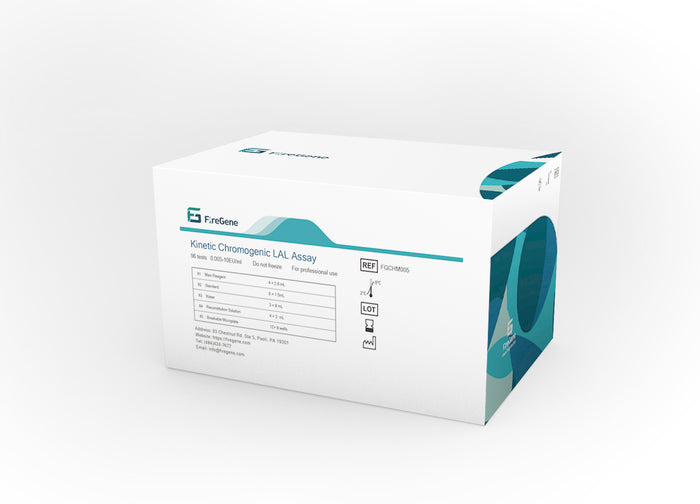
# LAL Kinetic Chromogenic Assay for Endotoxin Detection
## Introduction to LAL Kinetic Chromogenic Assay
The LAL (Limulus Amebocyte Lysate) Kinetic Chromogenic Assay is a highly sensitive and quantitative method for detecting endotoxins in pharmaceutical products, medical devices, and other materials. This assay has become the gold standard in the pharmaceutical industry for ensuring product safety and compliance with regulatory requirements.
## How the LAL Kinetic Chromogenic Assay Works
The assay utilizes the clotting mechanism of horseshoe crab blood to detect endotoxins, which are lipopolysaccharides (LPS) found in the outer membrane of Gram-negative bacteria. When endotoxins are present, they activate a cascade of enzymatic reactions in the LAL reagent:
- Endotoxin activates Factor C in the LAL reagent
- Activated Factor C converts pro-Factor B to Factor B
- The activated clotting enzyme then cleaves a synthetic chromogenic substrate
- This cleavage releases p-nitroaniline (pNA), which produces a yellow color
## Advantages of the Kinetic Chromogenic Method
The kinetic chromogenic assay offers several advantages over other endotoxin detection methods:
- High sensitivity: Can detect endotoxin levels as low as 0.001 EU/mL
- Quantitative results: Provides precise endotoxin concentration measurements
- Wide dynamic range: Suitable for testing various sample types
- Automation-friendly: Easily adaptable to automated systems
- Reduced interference: Less affected by sample color or turbidity compared to gel-clot methods
## Applications in Pharmaceutical Industry
Quality Control Testing
The LAL Kinetic Chromogenic Assay is extensively used for:
- Finished product testing
- Raw material screening
- Water system monitoring
- Process validation
Regulatory Compliance
This method meets the requirements of major pharmacopeias including:
- United States Pharmacopeia (USP)
- European Pharmacopoeia (EP)
- Japanese Pharmacopoeia (JP)
## Considerations for Method Validation
When implementing the LAL Kinetic Chromogenic Assay, several validation parameters must be addressed:
Keyword: LAL Kinetic Chromogenic Assay
| Parameter | Requirement |
|---|---|
| Specificity | Demonstrate detection of endotoxin only |
| Linearity | Correlation coefficient ≥0.980 |
| Accuracy | 50-200% recovery of spiked endotoxin |
| Precision | RSD ≤25% for replicate tests |
## Future Developments
Recent advancements in endotoxin detection include:
- Development of recombinant Factor C assays
- Miniaturization of test systems
- Integration with automated platforms
- Alternative methods for endotoxin detection
Despite these developments, the LAL Kinetic Chromogenic Assay remains the most widely used and trusted method for endotoxin detection in pharmaceutical quality control.